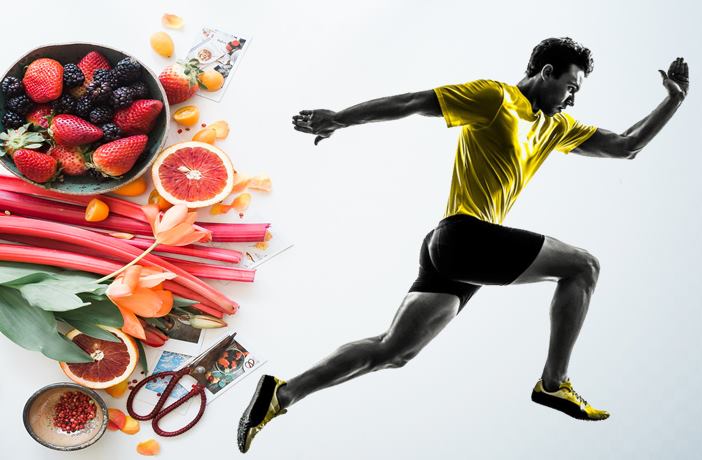
European Week of Sport & the nutritional supplements market
The field of sports nutrition continues to grow exponentially thanks to the consumption of products, not only for sports purposes, but also to cover other health needs in general. On the occasion of the European Week of Sport, which takes place annually from September 23 to 30, let’s take a look at the evolution of the field of sports supplements.
According to a report published by Research and Markets, the global market for sports nutritional supplements could exceed 28,000 million euros by 2028, with a CAGR (compound annual growth rate) of 9.3%, which represents a considerable growth compared to 2018 , which was 16,000 million euros.
The reason is simple: More and more people are realizing the benefits of sports nutrition products to help them achieve their health and performance goals.
Products such as: amino acids, vitamins, gels, thermogenics and fat burners, proteins or depuratives are among the most successful food supplements on the market. However, these products are increasingly moving beyond sports, focusing primarily on performance, recovery, energy, and joint pain relief. Sometimes, its consumption is destined to cover other health needs.
European Week of Sport
The European Week of Sport (EWoS) launched in 2015 by the European Commission to promote active and healthy lifestyles, has started its fourth edition. This year more than 30 countries participate, where at least 8 million people are expected to benefit from the scheduled sports activities.
The project encourages European citizens to stay healthy not just that week, but throughout the year. Despite a growing body of research and scientific evidence highlighting the importance of sport in maintaining health and well-being, levels of physical activity are currently stagnant or even declining in some Member States.
42% of the Spanish population practices sport on a regular or almost regular basis, according to the latest Eurobarometer from the European Commission, 4% more than in any other EU country. On the other hand, it should be noted that the 47-year-old Spaniard does not train at all and is 2 points above the rest of the Europeans.
The main objective is to meet this challenge, encouraging participation in sports and physical activity regardless of age, origin or level of fitness.






